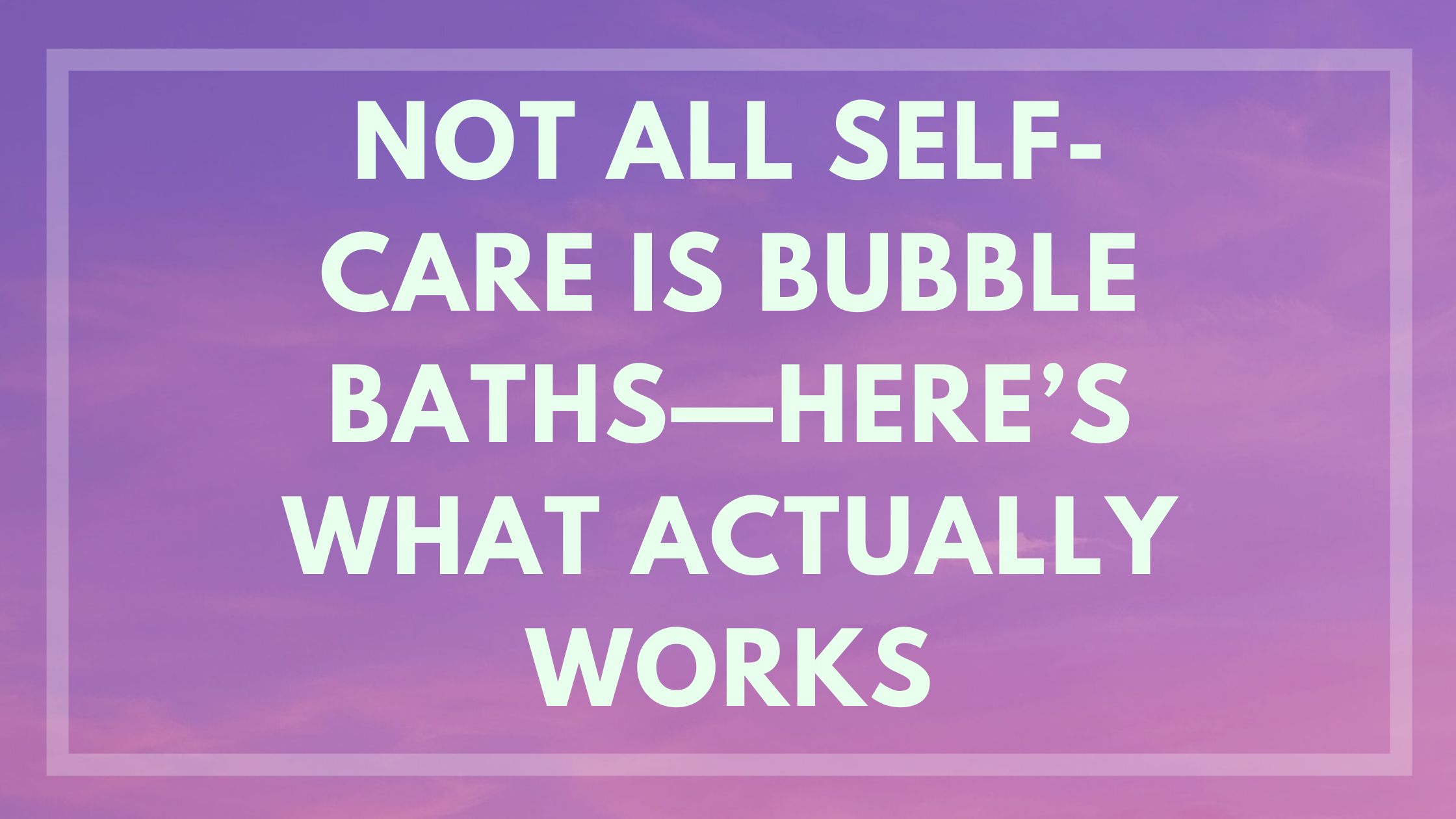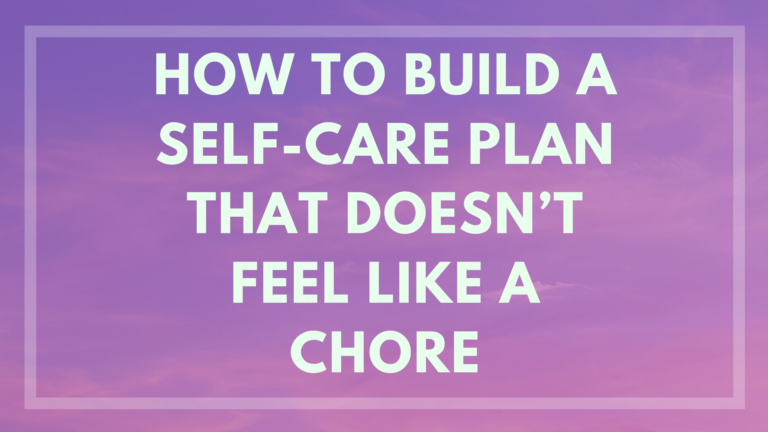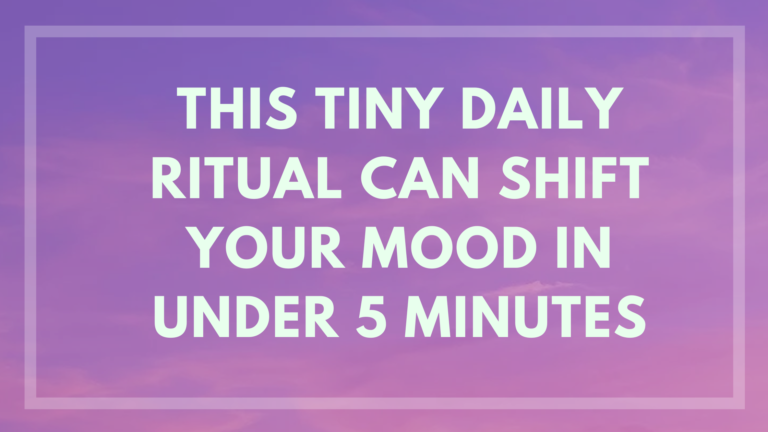When most people hear the word self-care, they imagine soaking in a tub, lighting a few candles, or treating themselves to a face mask. While there’s nothing wrong with those things, real self-care runs deeper. It’s not just about temporary comfort—it’s about consistently doing what helps you stay mentally, physically, and emotionally well.
The truth is, not all self-care is relaxing. Sometimes, it’s challenging. Sometimes, it means making tough choices, setting boundaries, or saying no. But in the long run, these are the habits that create genuine balance and resilience.
Here’s what actually works when it comes to self-care—and how to start putting it into practice.
Understand the Purpose of Self-Care
At its core, self-care is about giving your body and mind what they need to function well. That includes rest, connection, nourishment, movement, and mental clarity. It’s not just an escape from stress; it’s a system for building strength against it.
To make your self-care effective, begin by asking yourself:
What drains me regularly?
What gives me energy and peace?
What do I need more (or less) of in my day-to-day life?
The answers will help guide your personal self-care priorities.
Focus on the Basics First
Before jumping into wellness trends, focus on the foundations. You’ll be surprised how powerful the basics are when done consistently.
Sleep:
Quality rest is one of the most underrated forms of self-care. Without it, your mood, focus, and health take a hit. Prioritize a calming evening routine, limit screen time before bed, and aim for 7–9 hours of sleep.
Nutrition:
Fueling your body with balanced meals can improve energy, mood, and mental clarity. You don’t need to follow a strict diet—just aim for variety, whole foods, and hydration.
Movement:
Regular physical activity doesn’t have to mean intense workouts. Even a short walk or some stretching each day can reduce stress and boost your well-being.
Stillness:
Make space for quiet moments. This could be deep breathing, journaling, or simply pausing before you start your day. Mental rest matters just as much as physical rest.
Set Boundaries That Protect Your Energy
Saying yes to everything might seem helpful, but it can wear you down fast. One of the most effective self-care tools is learning how to protect your time and energy. That means setting boundaries at work, in relationships, and even with yourself.
You don’t need to explain or justify every decision. A simple, respectful “I’m not available right now” is enough. Boundaries aren’t walls—they’re healthy limits that allow you to be your best self.
Make Time for What Fills You Up
Self-care includes doing things that bring you joy, curiosity, and a sense of purpose. It doesn’t have to be productive. If reading, painting, gardening, or spending time in nature helps you feel more like yourself, make space for it.
These small but meaningful actions aren’t luxuries—they’re ways to recharge and connect with what matters most.
Practice Mental and Emotional Maintenance
Caring for your emotional health is just as important as physical care. This could involve:
Talking to a therapist or trusted friend
Journaling to process emotions
Practicing mindfulness or meditation
Allowing yourself to feel without judgment
It’s okay to not be okay sometimes. Giving yourself space to feel and heal is part of what makes self-care real and effective.
Let Go of Perfection
Self-care doesn’t have to be perfect to be helpful. You don’t need a strict routine or a picture-worthy practice. What matters is showing up for yourself in small, consistent ways.
Missed your morning walk? That’s fine—take a few minutes to breathe and stretch later. Forgot to journal this week? You can pick it up again tomorrow. Be kind to yourself and flexible with your habits. Progress matters more than perfection.
Reevaluate What Self-Care Means for You
What works for one person may not work for another. Real self-care is personal. You might find peace in decluttering your space, while someone else finds it in a dance class. Explore different ways to care for yourself until you find what feels nourishing.
Also, remember that your needs will shift with time. What helped during a stressful week may not be what you need during a peaceful one. Check in with yourself often and adjust your approach accordingly.
Final Thoughts
True self-care isn’t always pretty, easy, or Instagram-worthy. It’s often quiet, sometimes uncomfortable, and deeply personal. But it’s also powerful. When you take the time to care for your whole self—body, mind, and heart—you build a stronger foundation for everything else in life.
So while there’s nothing wrong with a good bubble bath, don’t stop there. Make space for habits that strengthen you, choices that protect you, and routines that restore you. That’s what real self-care looks like—and that’s what actually works.




